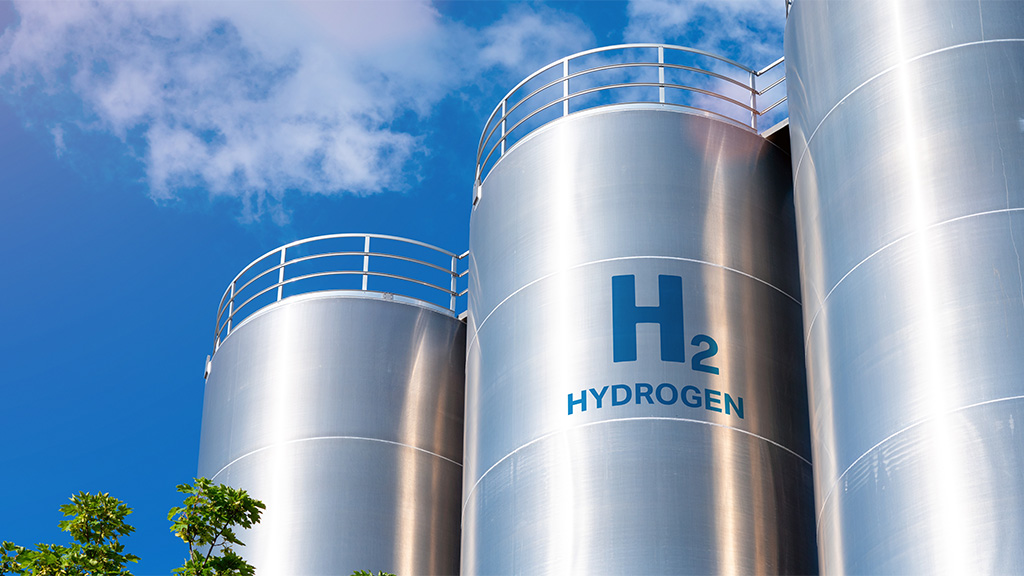VICTORIA — The McLeod Lake Indian Band (MLIB) and the B.C. government are joining forces in a landmark $7 billion clean energy initiative, focusing on the creation of the Tse’khene energy transition hub.
According to a recent press release, the first initiative is a pioneering hydrogen production facility dedicated to curtailing emissions in high-carbon sectors. The second, a straddle plant, aims to capture and utilize natural gas liquids, reducing carbon emissions and repurposing potential waste materials from gas distribution operations.
Combined, these ventures are set to generate roughly 2,000 construction jobs and an additional 500 permanent positions.
“My message to our band members is that we have been working hard to develop an environmentally and culturally responsible opportunity that, if successful, will make us a key contributor to a clean-energy future while also delivering much-deserved prosperity to our band and its members,” said MLIB Chief Harley Chingee in the release. “My message to industry is that the MLIB is a commercially sophisticated and enthusiastic potential partner.”
The roadmap involves crafting a comprehensive action plan to bring these projects to fruition, supported by the newly formed Clean Energy and Major Projects Office. This entity will play a role in steering the projects through the often complex regulatory frameworks, ensuring adherence and progress is in line with established environmental standards.
In a statement underscoring the broader impact, George Heyman, minister of environment and climate change strategy, reiterated the dual benefits of the initiative. The partnership not only advances reconciliation and economic growth but also significantly contributes to B.C.’s ambitious goal of slashing emissions by 40 per cent by 2030.











Recent Comments